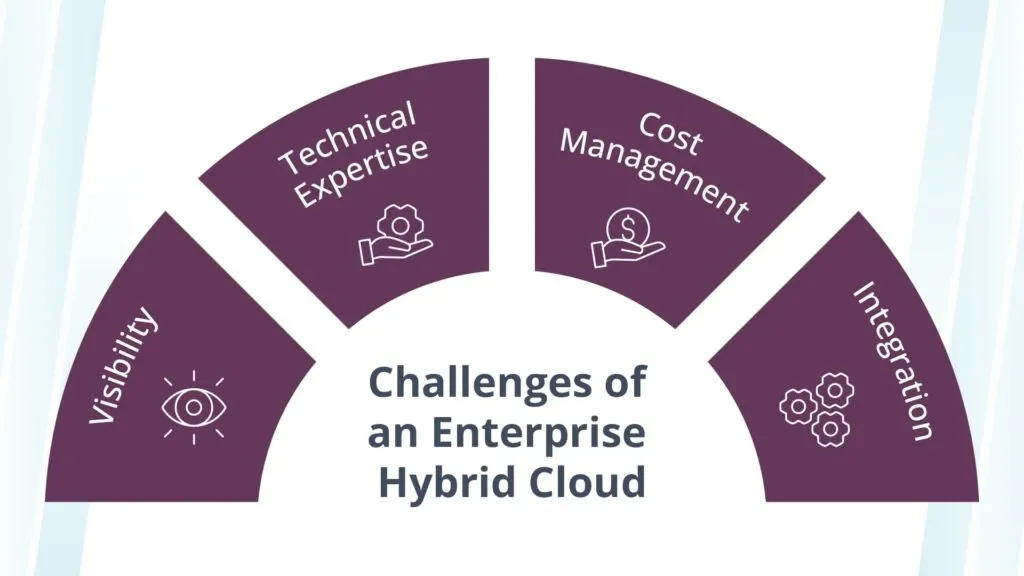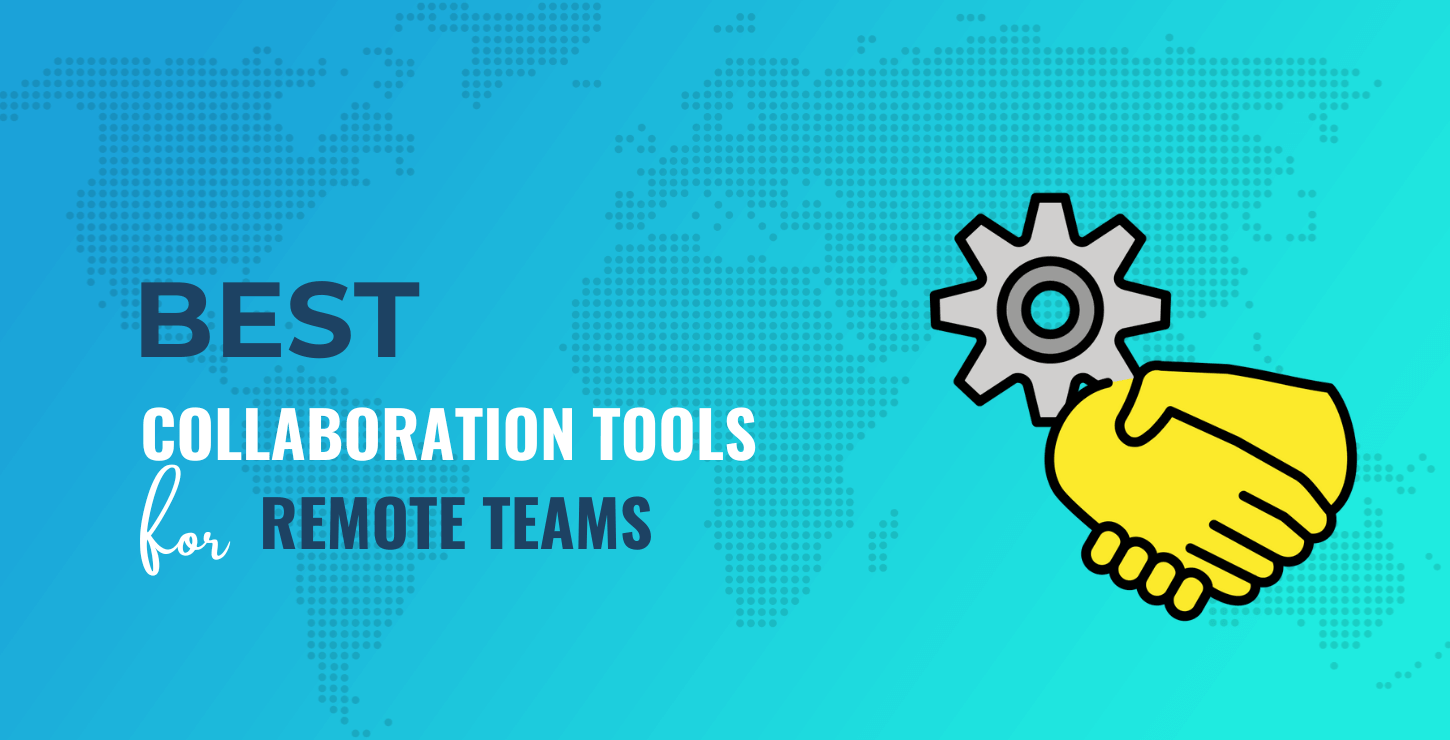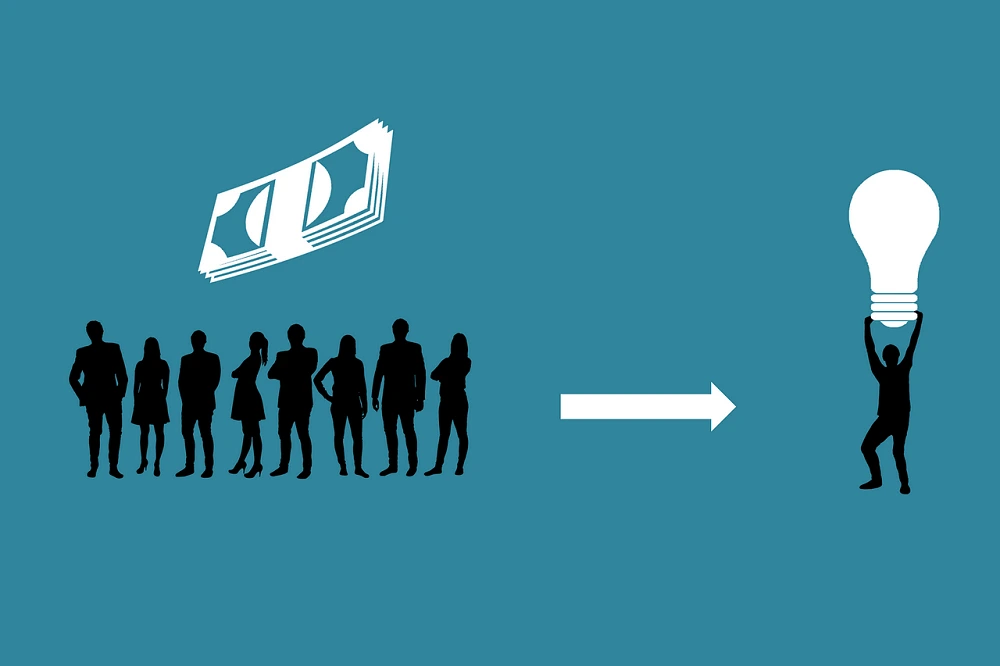The Global Startup Ecosystem Index (GSEI) rates the startup ecosystems of 100 nations and 1,000 cities based on a number of factors. Using an algorithm that considers many factors, it aggregates data from various partners and sources, such as Crunchbase, SEMRush, and Statista. The StartupBlink Global Startup Community Map, which has been updated continuously since 2013 and includes significant players in every startup community, is connected to the index's results.
In this piece, we'll display the startup ecosystem rankings for the top 20 cities and countries. However, additional in-depth data and research on startup ecosystems, along with rankings for 100 countries and 1,000 locations, are only accessible to PRO members.
Why do we rank startup ecosystems
The Global Startup Ecosystem Index aims to highlight the strength of startup ecosystems in cities and countries to help inform decisions about relocation, policy creation, and investment. The best startup ecosystem is visible to everybody. However, our independent analysis measures the performance of the startup environment using hundreds of factors. It demonstrates which ecosystems perform better and worse overall as well as across a variety of habitats. By doing this, we are bringing perception and reality into alignment.
Read also: Popular ERP Enterprise Resource Planning Tools.
Top 20 Country Startup Ecosystem Rankings
First, let's begin with the list of nations ranked among the top 20 worldwide that have managed to hold their place.
Topical stability
The top five countries did not change from the previous year, while nearly every other country in the top twenty had a shift in their rankings. The US leads the globe in rankings, over four times greater than those of the UK in second place. Since 2020, the overall score gap has decreased yearly; however, this year, the US and the UK remained almost identical. In terms of the total number of cities ranked, the United States continues to lead with 252 compared to 257 the year before.
The United Kingdom leads Israel still
The UK maintains its lead over Israel, the third-place country. Nevertheless, the gap in the combined score between these two countries shrank from 16.6% in 2022 to 10% this year. This change may be a reflection of how Brexit has affected the UK's ability to access foreign knowledge. It should be noted that there are 74 ranked cities in the United Kingdom. It is remains the only country outside the US to have more than 50 cities on the Index, despite the fact that this is a 4 percent decrease from 2022. In comparison, Germany and Spain each have 40 listed cities, while China has 43.
Top Ranked Countries in their Regions: Sweden and Singapore
Singapore made the first move in the top 10, bypassing Germany at number six, to take the lead from Sweden, which maintains its position as the top-ranked EU country in terms of startup ecosystem performance for the second year. Germany was placed fifth. The top-ranked Asian country in the Index, Singapore, has changed by an astonishing 10 places since 2020. Conversely, Germany is in decline for the second year. Even if its trajectory is downward, Germany narrowed the gap with Sweden. In 2022, there was an 11% total score difference between the two; this year, there is just a 4% gap.
Read also: 5 Typical Trading Multiples for Gas and Oil Valuation
Changes in Rankings: Nations 11–20
There are some interesting shifts occurring between the nations placed 11th through 20th. Switzerland moved up one spot to rank 11th in the world, however it is still far from its previous high of 8th, which it had maintained for the most of the years before the 2017 ranking.
After dropping two further spots from last year's top place in Asia to Singapore, China is now ranked 12th. However, when it comes to the Ranking by Absolute Ecosystem Power—that is, not adjusting its overall startup productivity to its population size—China maintained its second-place ranking globally, surpassing the UK, India, and Germany.
Finland is ranked 13th, up one spot from the previous year, and is ahead of Estonia, which is currently ranked 14th. China is followed by Finland. Similarly, Spain took the position of Ireland at the fifteenth. As the first and only steady nation in this batch, Lithuania was ranked 17th; Japan, moving up two spots to 18th and overtaking Denmark, saw the biggest momentum movement in the top 20. Not to mention, South Korea moved up one spot to return to the top 20 worldwide.
San Francisco: The Unquestionably Leading City
As expected, San Francisco continues to top the startup ecosystems without a doubt for another year. More importantly, after three years of a shrinking score differential with lower-ranked cities, San Francisco kept its edge over second-ranked New York City and the rest of the globe virtually intact. To put things in perspective, San Francisco outperformed New York by 3.4 points in 2020. Last year, the disparity narrowed to 2.5; this year, it is 2.4. San Francisco's ecology will remain the best on Earth for the foreseeable future. You will have a better understanding of the trajectory of startup ecosystems by reading this post.
New York: A safe second
New York, the second best ranked city, is likewise in a league of its own and has maintained second position since 2017. Having a total score 1.8 times greater than London (3rd), it keeps a scoring difference difficult to close.
Shanghai's elevation from the top
Shanghai, the second-ranked Chinese ecosystem, continued to be placed seventh globally, however its total score is much different from the top six cities, placing it more in line with lower-ranking ecosystems. We also discuss the disentanglement of Chinese startup ecosystems from the global startup landscape in this piece.
Bangalore, the eighth-ranked ecosystem in India, maintained its position with a total score increase that might allow it to overtake Shanghai the following year. Chinese and Indian cities have an unfair advantage due to their enormous populations, which allow for increased startup productivity.
.webp)









